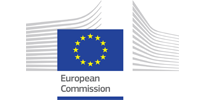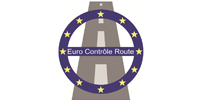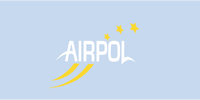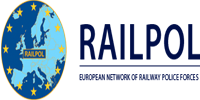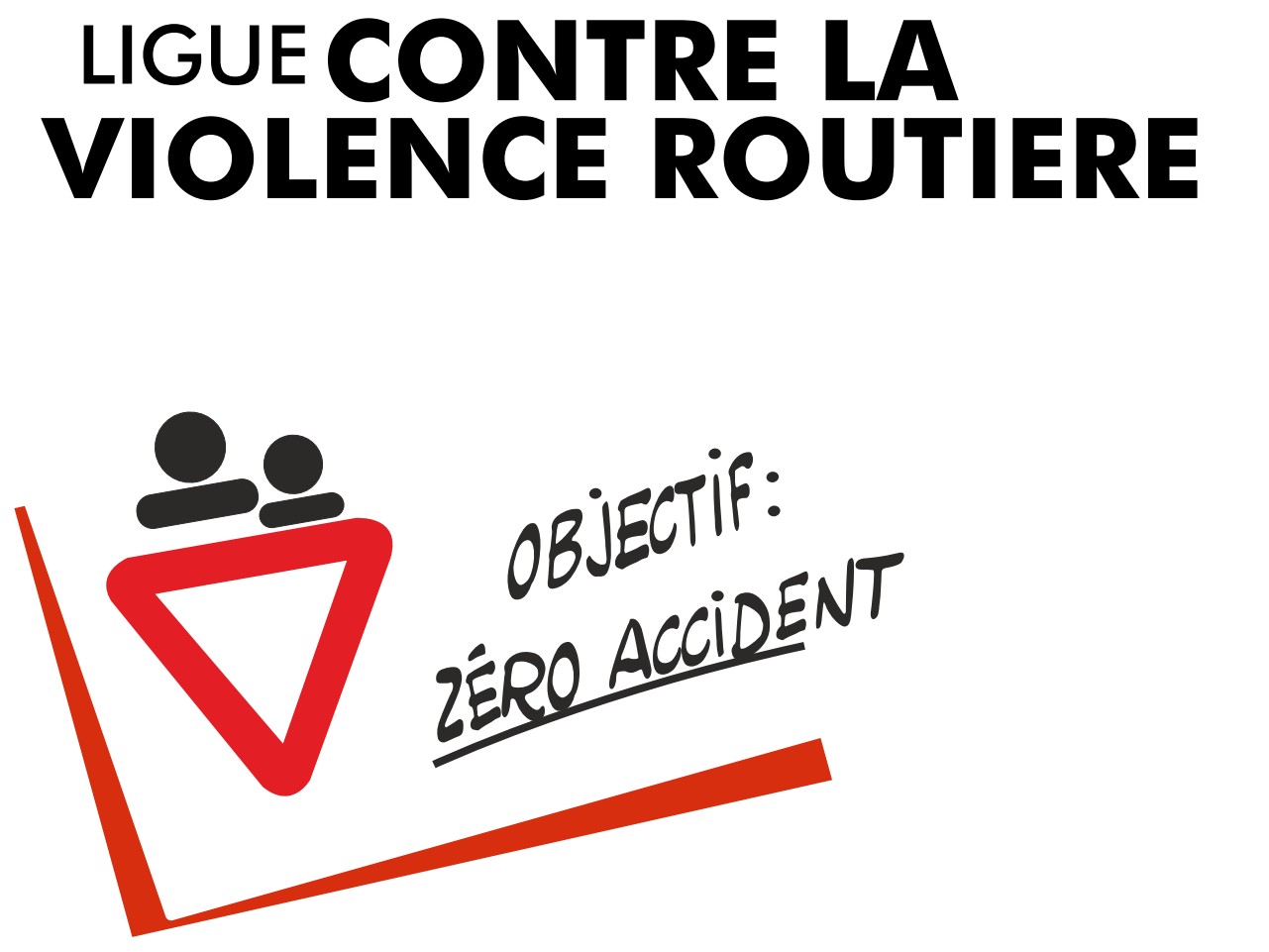We are pleased to announce the launch of the ROADPOL Safety Days.
Find more information at our newsletter and on https://www.roadpolsafetydays.eu
We are pleased to announce the launch of the ROADPOL Safety Days.
Find more information at our newsletter and on https://www.roadpolsafetydays.eu
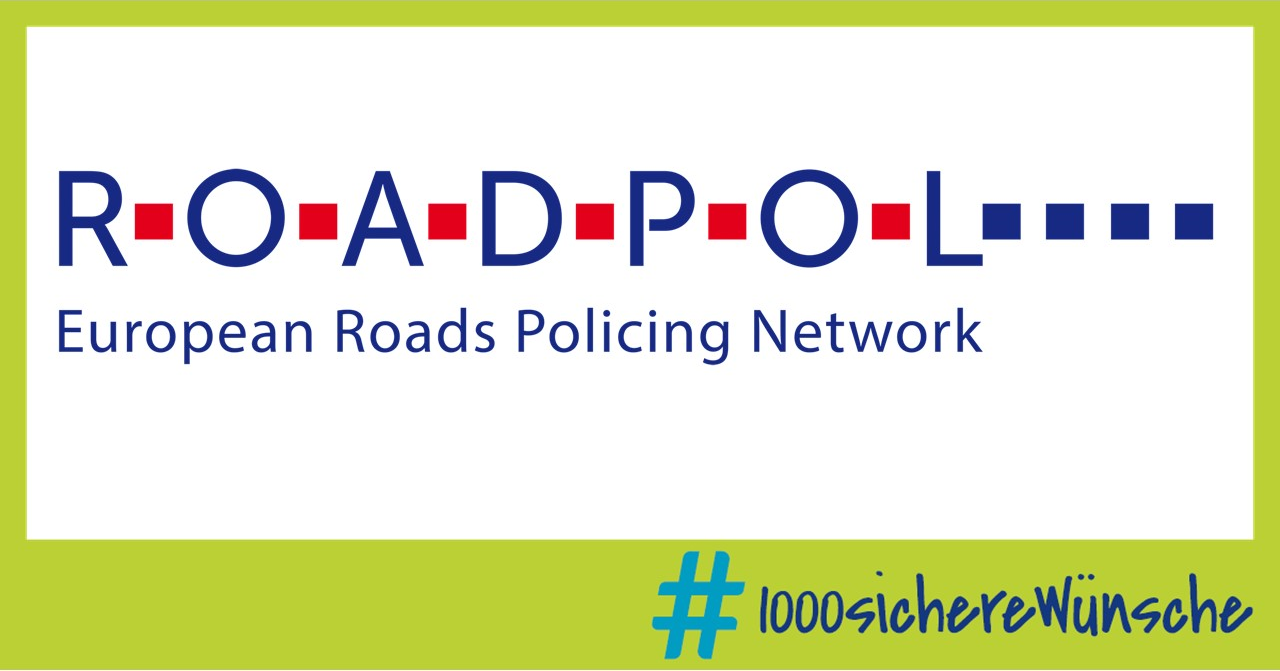
Please also support the Road Safety Day on 20 June 2020!
Participate and share your wishes.
The idea
Every one of us is part of the road traffic and everyone has wishes regarding road safety. Share them that we can all be a little more mindful and considerate. Because road safety saves lives and concerns us all.
Under the motto #1000sichereWünsche (1000 safety wishes), all road users, organisations, companies and above all YOU are called upon to share your wishes for road safety on 20 June and together make as many people as possible aware of the importance of road safety.
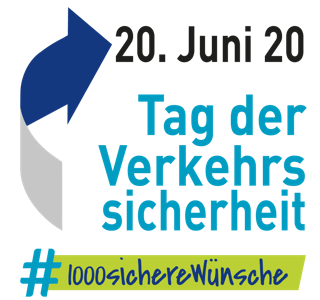 Who can join ?
Who can join ?
Everyone can take part: No matter whether it is a company, association, organization, club, private person, municipality, kindergarten, school and so on. Because road safety concerns us all!
How do you join?
Take advantage of 20.06.2020, the Road Safety Day, to share a post with your wish for more road safety. This can be a photo, a statement, a drawing, a film etc. There are no limits to your ideas.
You are welcome to use the visuals or stickers of the campaign, which are available for download on https://www.tag-der-verkehrssicherheit.de/mitmachen/1000sicherewuensche.htm .
Provide the mail with the hashtag #1000sichereWuensche.
Where can you join ?
The participation is possible by sharing the contribution on the own channel of:
Facebook / Instagram / Twitter / #tagderverkehrssicherheit #1000sichereWuensche #kommmitmensch @DVR_info
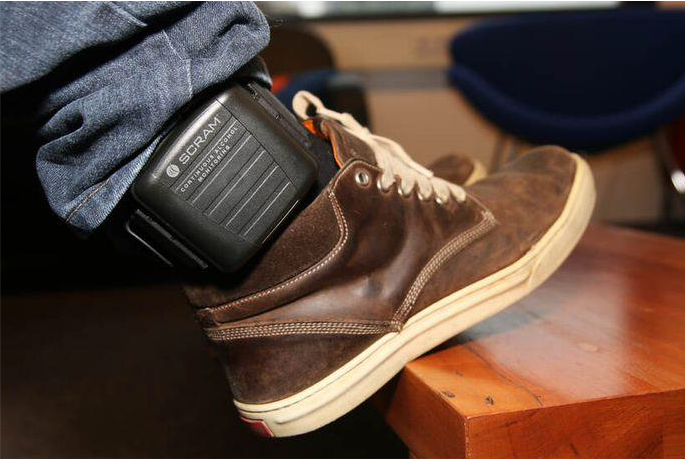
The alcohol ankle bracelet is introduced nationally. This was reported by Minister Grapperhaus of Justice and Security. This "alcohol meter" is intended for people who have done something punishable under the influence of alcohol and therefore have an alcohol prohibition.
The alcohol meter proved to be a reliable means of checking compliance with the alcohol prohibition during tests, helping to prevent abuse, committing crimes and drink-driving. The minister wrote this today in a letter to the House of Representatives.
Grapperhaus: “ Many violent crimes are committed under the influence of alcohol, such as violence when going out, football or in a domestic atmosphere. The ankle bracelet is an effective way to change behavior. That's why I want it to be deployed nationwide."
Probation
People who are convicted may be subject to an alcohol ban as a special condition. Compliance is now monitored by the probation service on average twice a week through a breathalyzer, blood or urine test. According to the minister, wearing a special ankle bracelet works a lot more efficiently. "It is now a snapshot, so that the alcohol ban can be violated in the meantime."
At the initiative of the GGZ Addiction Probation Foundation,
the Public Prosecution Service and the Ministry of Justice and Security, the functioning of the alcohol meter has been tested in pilots since 2017. "This is important because the social damage from alcohol abuse, including the involvement of the police and the judiciary and the damage caused by road accidents, is estimated at 2.3 to 4.2 billion euros per year. Together with the financial consequences for people through loss of quality of life and even premature death, the social damage will amount to 6.1 billion euros."
This is how the alcohol meter works
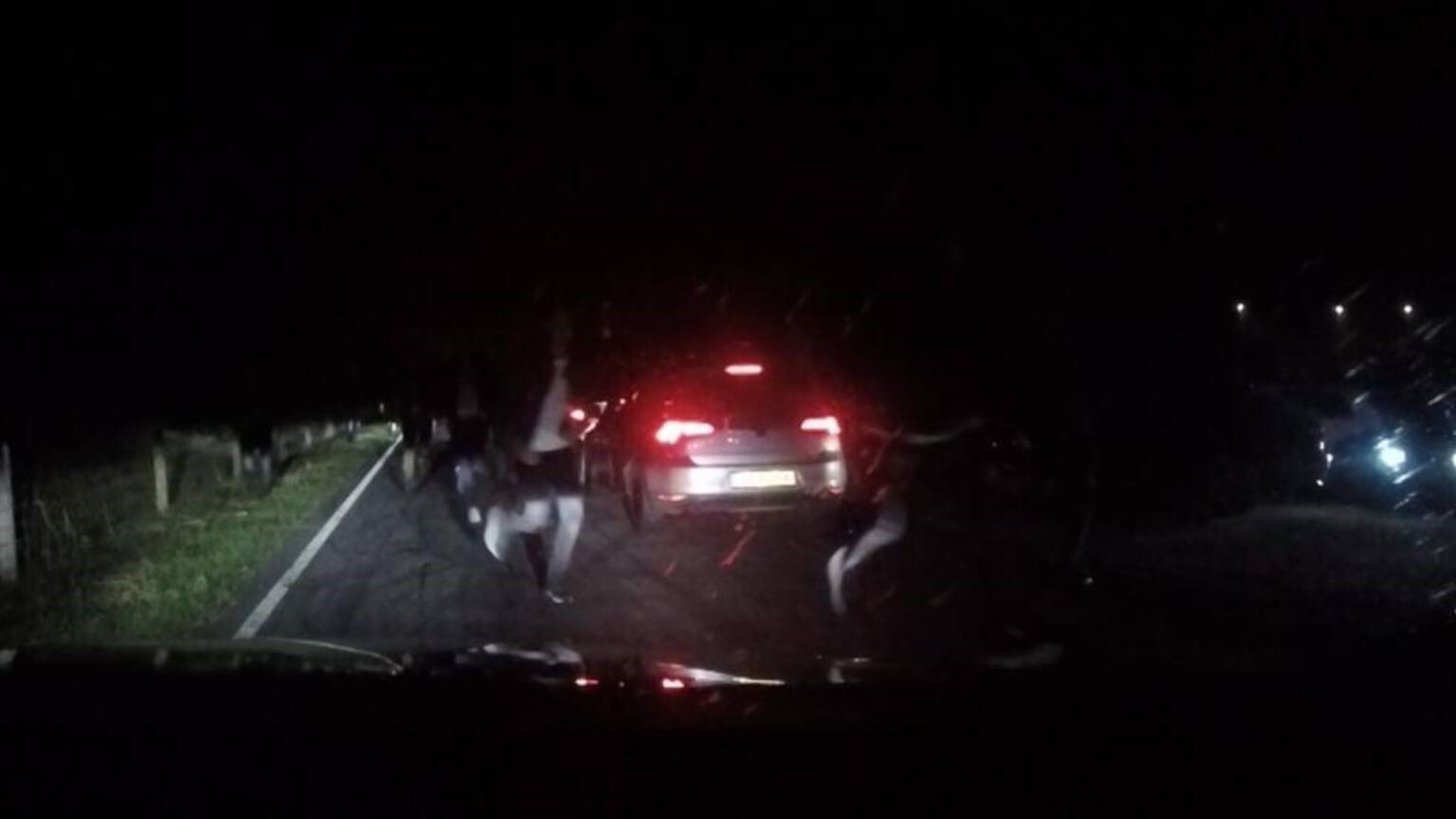
Spectators ran to their cars when they saw a police flashing light (Police)
Eight participants and visitors to an illegal street race in Lelystad last Saturday night June 13th have to hand in their driving license due to serious speeding violations. They could be caught because the police used marked and unmarked police cars.
About a hundred cars had come to the street race on the IJsselmeerdijk. With unmarked cars (so without the police logo and stripes), officers mixed between the racers and spectators. According to the police, dozens of cars with roaring engines were ready at the starting position.
"Much of the group thought they were on a circuit” (Police)
In the meantime, a marked police car stopped a bit further and turned on the blue flashing lights.
"This immediately caused unrest within the audience," the police wrote on Facebook. "We saw various participants give the signal that everyone had to leave."
The group left, along with some inconspicuous police cars, heading for the highway, so wrote the police. “Arriving on the highway A6, a large part of the group believed themselves to be on a racing circuit: speeds well above 200 kilometers per hour, overtaking on the right, tailgating at intervals of no more than 3 meters at 180 kilometers per hour and ignoring all types’ road markings.”
Lost driver's license
One of the speeding offenders immediately lost his driving license. He was taken off the road because he drove 175 kilometers per hour at Almere-Poort, where a maximum speed of 100 applies. Seven others also drove more than 50 kilometers per hour too fast and therefore have to hand in their driving license, but they will receive their punishment by mail.
Police have also issued an unknown number of fines for minor offenses.
(Source: NOS.nl)
Because of the COVID-19-measures there was a lot less traffic on the road. VIA investigated, Commissioned by the Dutch National Police, the influence of these measures on road safety. Are the measures changing the behaviour of traffic and does this lead to a decrease or increase of risk?
